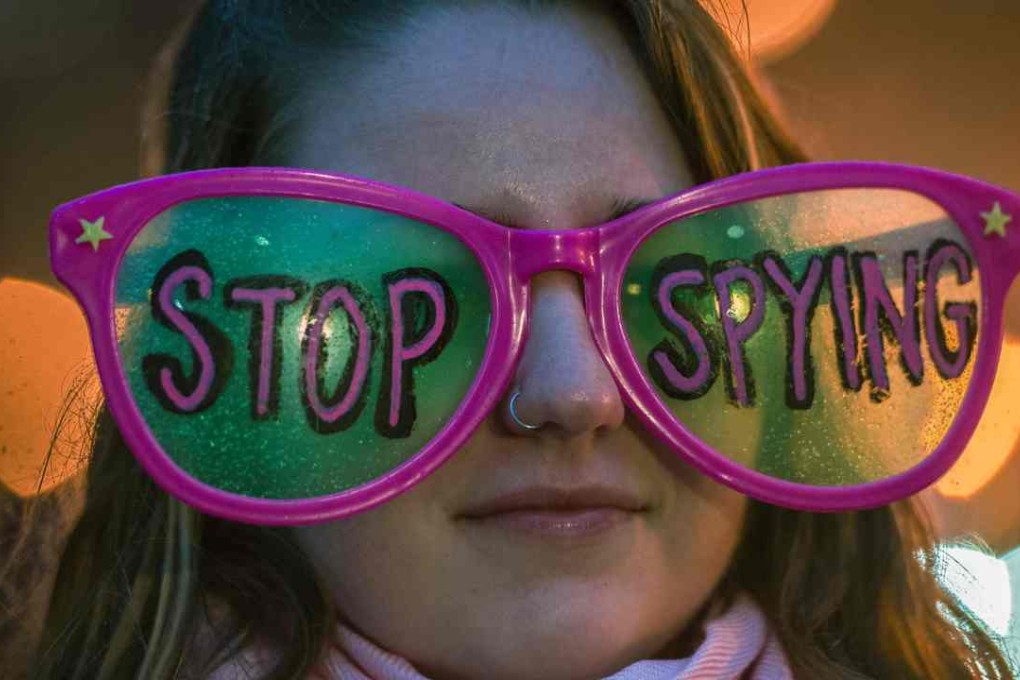At the heart of FBI’s request to unlock Apple iPhone lies a battle over access to private information
H.T. Goranson says the FBI’s public demand for Apple to unlock a phone linked to an extremist attack signals a new attempt at control

As someone with a long presence in the US intelligence community, I believe the FBI has already gained access to Syed Rizwan Farook’s iPhone. It is an older Apple model using technology that, in other contexts, has already been compromised.
As the debate unfolds, we need to consider whether it makes sense for everyone – law enforcement, hackers and terrorists – to be able to possess or access information
Why would the US government stoop to a public debate on this issue? The FBI has already said this is not about just one phone. But few understand that this is not a simple matter of opposing interests: public safety versus an individual’s right to privacy.
For a better understanding of the FBI’s demand, we need to look at Apple’s latest line of phones, which differ from Farook’s in a fundamental respect: they contain a new chip designed using a technique developed by the US National Security Agency (NSA).
Each of the chips has a unique signature for encryption, which is coupled with its user’s fingerprint. Without that signature, it is impossible to decrypt an Apple phone without physical access to the internals of its chip – which is itself impenetrable.
READ MORE: Why is Apple fighting the FBI’s demand to unlock terrorist gunman’s iPhone?
